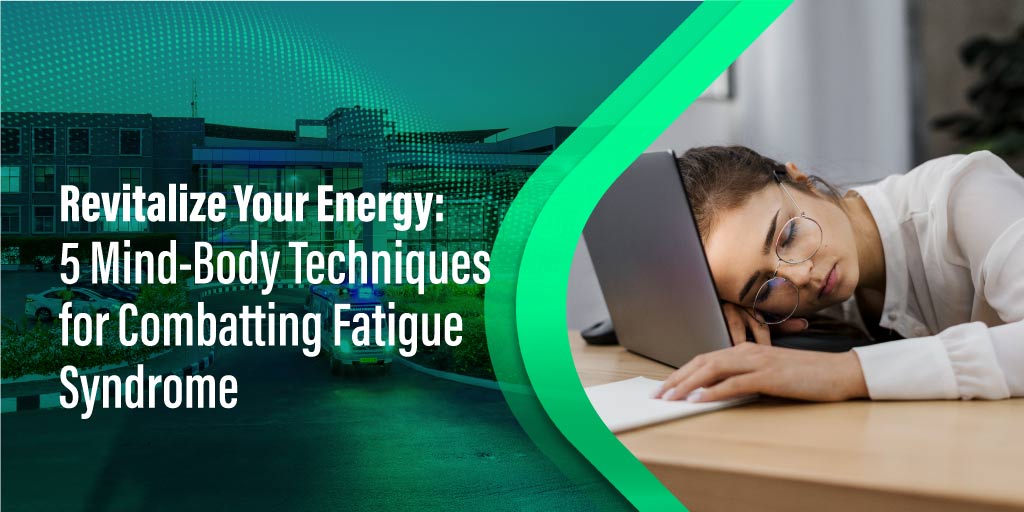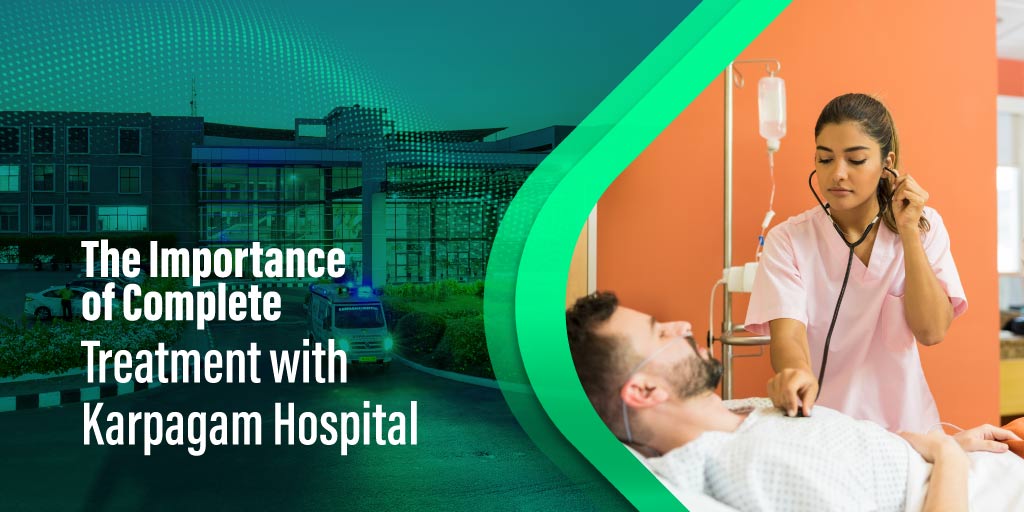When you have Chronic Obstructive Pulmonary Disease (COPD), then it is necessary to keep in mind that even if there is no cure but can ease your symptoms with the proper care. This Chronic Obstructive Pulmonary Disease (COPD) is a prevalent respiratory condition affecting millions worldwide. Karpagam Hospital, one of the multi-speciality hospitals in Tamilnadu prioritizes providing comprehensive care for patients suffering from COPD. In this blog, we delve into the intricacies of COPD, including its causes, symptoms, and management strategies.
Let’s begin with the definition of what is COPD.
COPD is a chronic lung disease characterized by obstructed airflow, making it difficult to breathe. It encompasses conditions such as chronic bronchitis and emphysema, often caused by long-term exposure to irritants like cigarette smoke, air pollution, and occupational dust. Occasionally, the sensation of being out of breath might occur, which can be disturbing and frightening.
Causes of COPD:
- Smoking: Tobacco smoke is the primary cause of COPD, with long-term smokers being at the highest risk.
- Environmental Factors: Prolonged exposure to air pollutants, chemicals, and fumes in the workplace can contribute to COPD.
- Genetic Factors: In rare cases, genetic predisposition can increase susceptibility to COPD, especially in individuals with alpha-1 antitrypsin deficiency.
Symptoms of COPD:
Recognizing the symptoms of COPD is crucial for early diagnosis and intervention. Common signs include:
- Persistent cough
- Shortness of breath, especially during physical activity
- Wheezing
- Chest tightness
- Frequent respiratory infections
- Fatigue
- Bluish tint to lips or fingernails (in severe cases)
Diagnosis:
Diagnosing COPD typically involves a combination of medical history review, physical examination, lung function tests (spirometry), and imaging studies (chest X-ray or CT scan). Early detection allows for better disease management and improved quality of life. You can consult with the pulmonologist in Coimbatore to start your regular medications.
Management Strategies:
While COPD is a chronic condition without a cure, effective management can significantly improve symptoms and slow disease progression. Treatment options include:
- Medications: Bronchodilators and corticosteroids help alleviate symptoms and reduce inflammation in the airways.
- Pulmonary Rehabilitation: A structured program involving exercise, education, and support can improve lung function and enhance overall well-being.
- Oxygen Therapy: Supplemental oxygen therapy may be necessary for individuals with severe COPD to maintain adequate oxygen levels in the blood.
- Lifestyle Changes: Quitting smoking, avoiding environmental pollutants, and adopting a healthy lifestyle with regular exercise and balanced nutrition are essential for managing COPD.
Ways to make your breath normal:
When you feel shortness of breath, here are the ways to breathe better:
- Breathing exercise once or twice a day whenever you’re having trouble catching your breath.
- Staying well hydrated is important, thus drinking enough water can thin the mucus and ease breathing.
- Always straighten your back since slouching can make it more difficult to breathe.
- Rest your arms on your knees and keep them relaxed while siting.
- Regular exercise makes a big difference in breathing and this COPD can be broken when you do daily exercise.
- It is better to avoid allergens, reducing the triggers in home which can help you breathe easier.
- Poor sleep may weaken the immune function and increase inflammation, thus sleep better if you feel better, and breathe better.
- Eating a balanced diet helps you maintain the body weight which is important for people with COPD.
- Try to detect the stressors in your life and strategize the ways to minimize them. Try breathing exercises, visualization, meditation and yoga to prevent stress, anxiety and breathlessness.
You can frequently manage COPD symptoms like tightness in your chest and shortness of breath by engaging in breathing exercises. Your doctor has created a personalized treatment plan for you, most likely involving medication. These drugs could be expectorants, steroids, antibiotics, or inhaled drugs. All of them have the potential to improve your condition, but only if taken as prescribed. At Karpagam Hospital, our multidisciplinary team of pulmonologists, respiratory therapists, and support staff is dedicated to providing personalized care for patients with COPD. Through comprehensive evaluation, innovative treatments, and ongoing support, we strive to empower individuals to live fulfilling lives despite COPD.
Conclusion:
COPD can significantly impact daily life, but with proper management and support, individuals can lead fulfilling lives. If you or a loved one is experiencing symptoms of COPD, don’t hesitate to reach out to our expert team at Karpagam Hospital, one of the best pulmonologists in Coimbatore. Together, we can navigate the challenges of COPD and work towards improving respiratory health and overall well-being.







